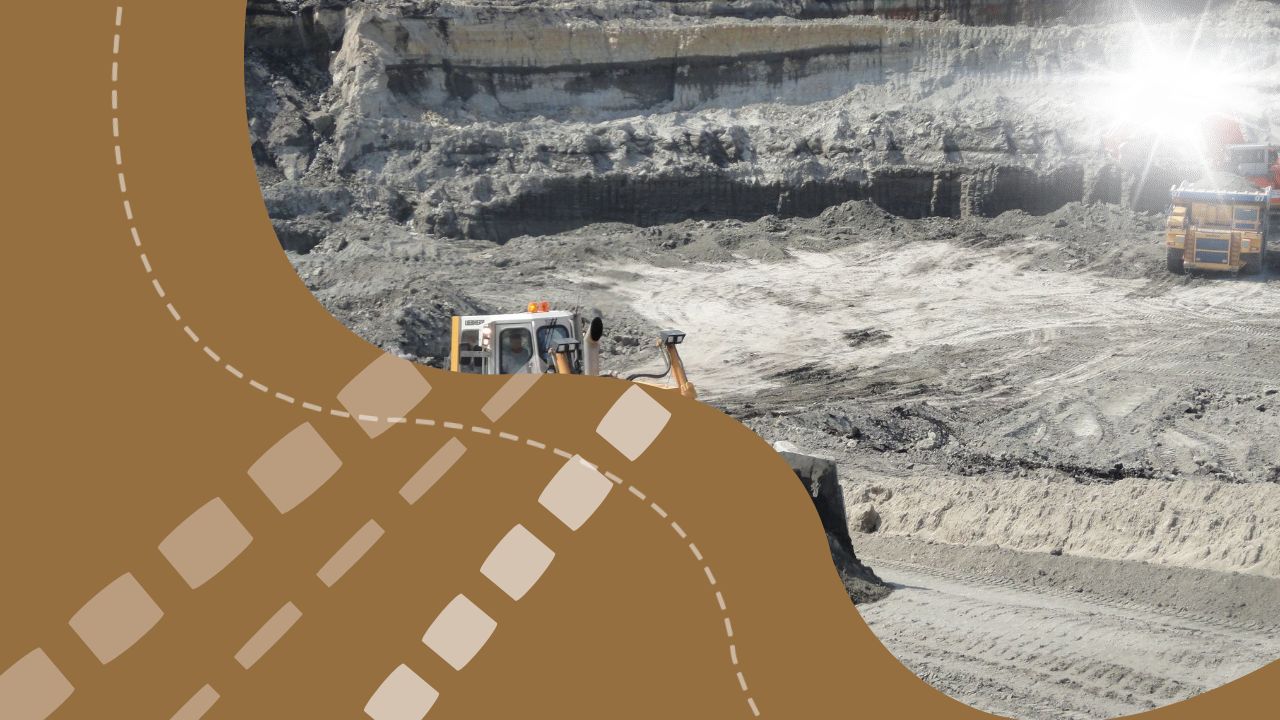The EU is urging Germany to include a profit-based backstop in its €1.75 billion ($1.9017 billion) payout for the early shutdown of the operations of its second-largest coal miner. A state payment of up to €1.2 billion to an entity of Czech billionaire Daniel Kretinsky’s EPH Group AG has been preliminarily approved by the European Commission, according to Germany’s economy ministry. The remainder of the payout will depend on the future profitability of the assets.
The approved sum, as reported by Bloomberg on May 31, is intended to cover costs for mine rehabilitations, closures, and the impact on jobs. To prevent overcompensation, Lausitz Energie Bergbau AG (LEAG) will be required to provide proof of future costs and will be compensated from the remaining sum of €550 million, according to a letter from the EU’s Competition Commissioner Margrethe Vestager.
Germany is working to accelerate the phaseout of coal in its power generation mix after failing to meet its emissions reduction targets. In 2020, the government agreed to pay billions of euros in compensation to LEAG and RWE AG to shut down coal-fired power plants by 2038. Now, to cut carbon emissions faster, the state is negotiating to advance the coal exit by eight years.
In 2022, RWE agreed to a 2030 phaseout and will receive €2.6 billion in state payments. LEAG is still negotiating, aiming to continue burning coal beyond the end of the decade. Fossil fuel plants have to pay for carbon permits, and rising costs could squeeze coal profits. The backstop measure is designed to address this—if LEAG shuts down plants early due to unprofitability, the subsidy would be reduced. LEAG maintains that coal will remain profitable until 2038, the current legal exit date.
“This is a bet on the future,” economy minister Robert Habeck said at a press conference in Berlin, noting the difficulty in calculating foregone profits for 2038. The European Commission still needs to give its final decision on the payment.


